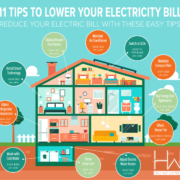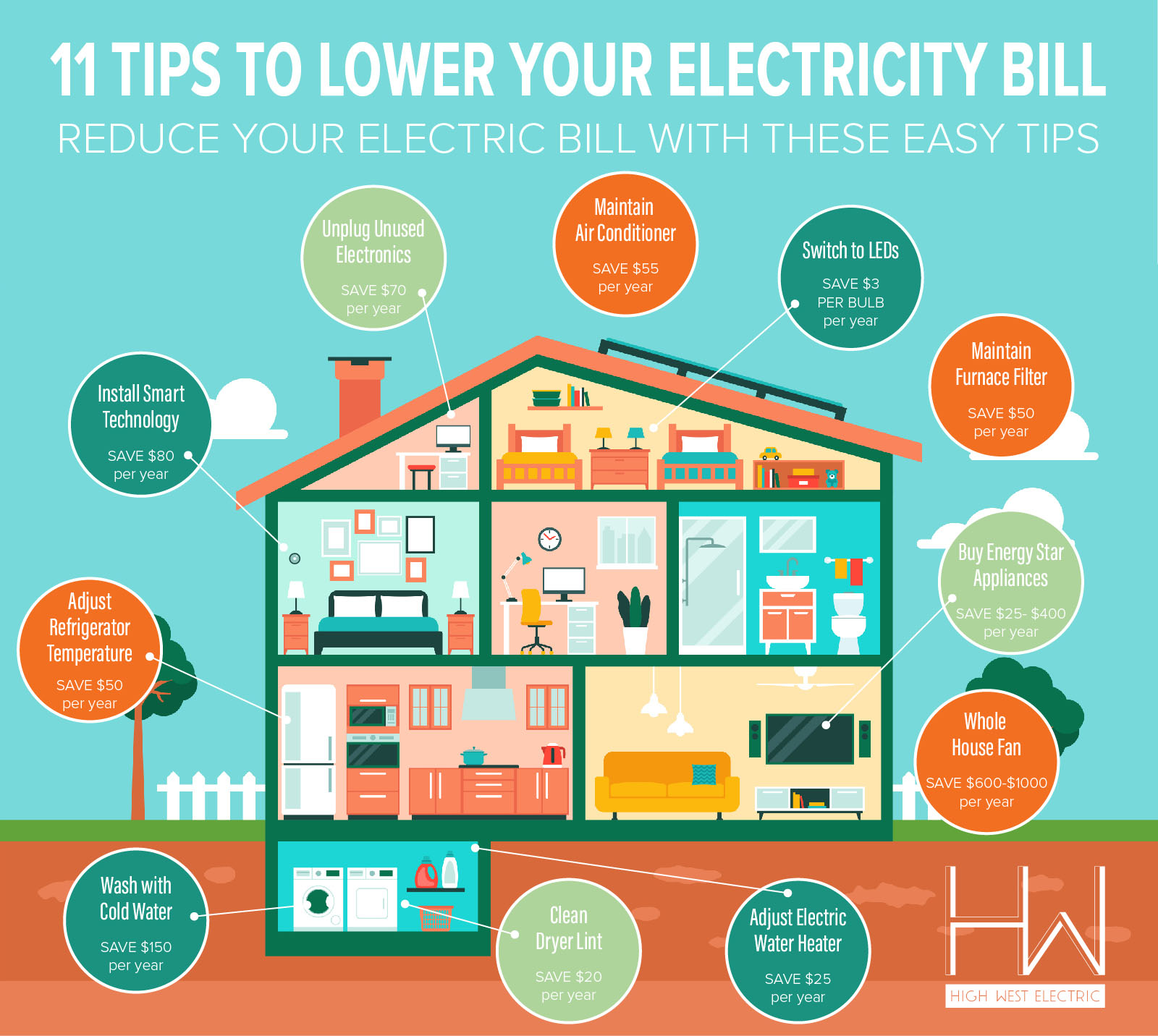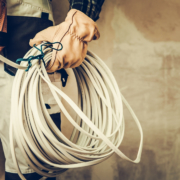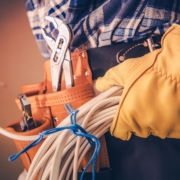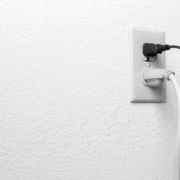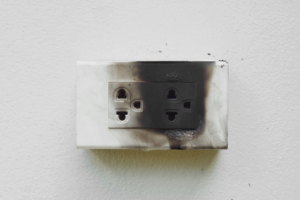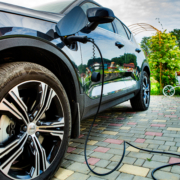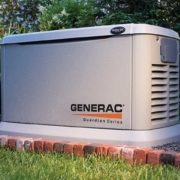Benefits of a Whole House Fan
There are many benefits of a whole house fan; energy savings, fresher air, and easy installation to name a few. A whole house fan combined with ceiling fans and other circulating fans provide acceptable summer comfort for many families, eliminating or significantly reducing the need for air conditioning.
How Whole House Fans Work
A whole house fan is installed in the ceiling of the upper level of a home, so it is connected to the attic. A central location and good ventilation are all crucial to the successful operation of this system The whole house fan pulls air in from open windows and exhausts it through the attic and roof. It provides good attic ventilation in addition to whole house cooling. Whole house fans should provide houses with 3 to 6 air changes per hour and should only be installed by a professional to determine what is appropriate for your home.
Benefits of a Whole House Fan
Energy Savings
When using a modern whole house fan, most homeowners see their energy bill drop 50 to 90 percent. This is primarily due to the lower operating cost of the fan compared to an air conditioning unit. Other home cooling systems can cost up to $5.00 to run each hour depending on the size of your home. Whole house fans operate for pennies per hour, offering an almost immediate return on investment!
Easy Installation
The cost of the fan itself is 10 times cheaper than a central air conditioning unit, not to mention the cost of the ductwork and installation labor and can be installed in less than a day. Whole house fans should only be installed by a professional to determine proper installation and size.
Fresher Air
Stagnant air is a breeding ground for viruses, germs, and other pollutants. Because a whole house fan draws in air through your home and then lets it out through the attic, your indoor air is considerably fresher. This helps combat viral spread, removes, and prevents odors, and provides excellent ventilation all around the house.
Extend The Life of Your AC
Just because you have central air conditioning does not mean you can’t reap the benefits of a whole house fan A whole house fan, with proper home ventilation, can extend the lifespan of your air conditioning unit by reducing the strain of extended use. Running your AC less often means more cost savings too!
A whole house fan requires a qualified electrician. High West Electric are expert whole house fan installers and are based in Denver, CO serving the entire metro area. Our customer service-based approach ensures that each client enjoys the process from installation to the end product – no matter the size of the job. Our goal is to be YOUR electrician and offer an experience that goes Beyond the Wires. We offer free estimates. Visit our website to learn more.


